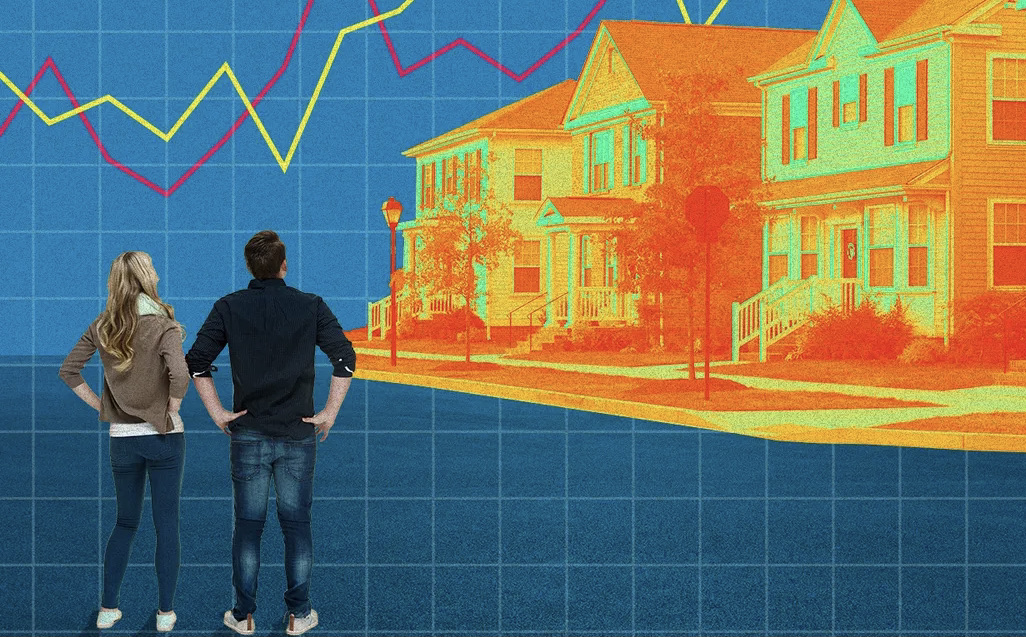The increase in the number of houses for rent on the market, seen as a key to lowering the price of rents, does not seem to be working, with no sign that this goal is being achieved by either the public or private sector according to the newspaper Público.
In January alone, rents shot up by around 6%, the greatest increase in 30 years. In 2023, following years of sharp falls, the number of adverts for available houses to rent increased significantly by over 50%.
The increase was revealing for Pedro Nuno Santos, the General Secretary of the Socialist Party (PS), and was a sign that the More Housing programme introduced in February 2023 was now having the desired affect.
Público discovered that the figure is correct, but does not tell the whole story of Portugal’s rental market over the past year, a period when prices continued to rise this year – so far looking a figures for January, the situation has not changed with the highest increase in rents since 1994.
The latest data from the National Statistics Institute (INE) shows that the amount charged by landlords has gone up by around 5.9% per square metre in like-for-like terms. (5.1% in December 2023).
All regions saw positive like-for-like variations in housing rents, with Porto and Lisbon registering the highest rents (6.1%).
But should people rent or buy if rents are so high? Patrícia Barão, Head of Residential at JLL told Idealista: “There isn’t a right or wrong answer, and it depends on each family’s situation. The decision to buy or rent a house is not just a result of financial circumstances, but also personal preferences, economic, work mobility, or family logistics situations.”
“The purchase of a house will continue to have greater relevance than renting, a trend that has been reinforced by the growing cost of rents in Portugal, that has contributed to many people choosing to get a mortgage on a home”, adds César de Brito, manager of De Brito Properties.

